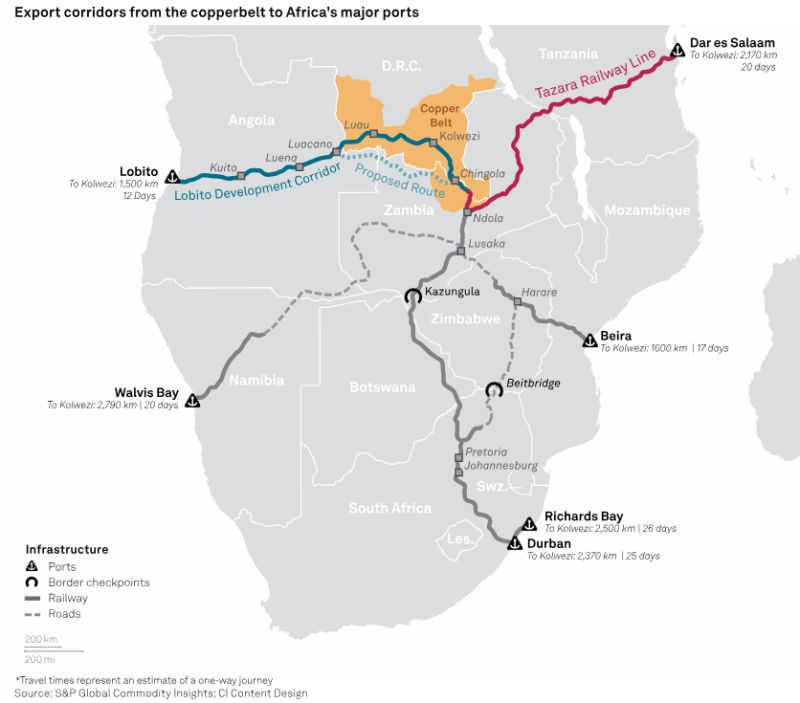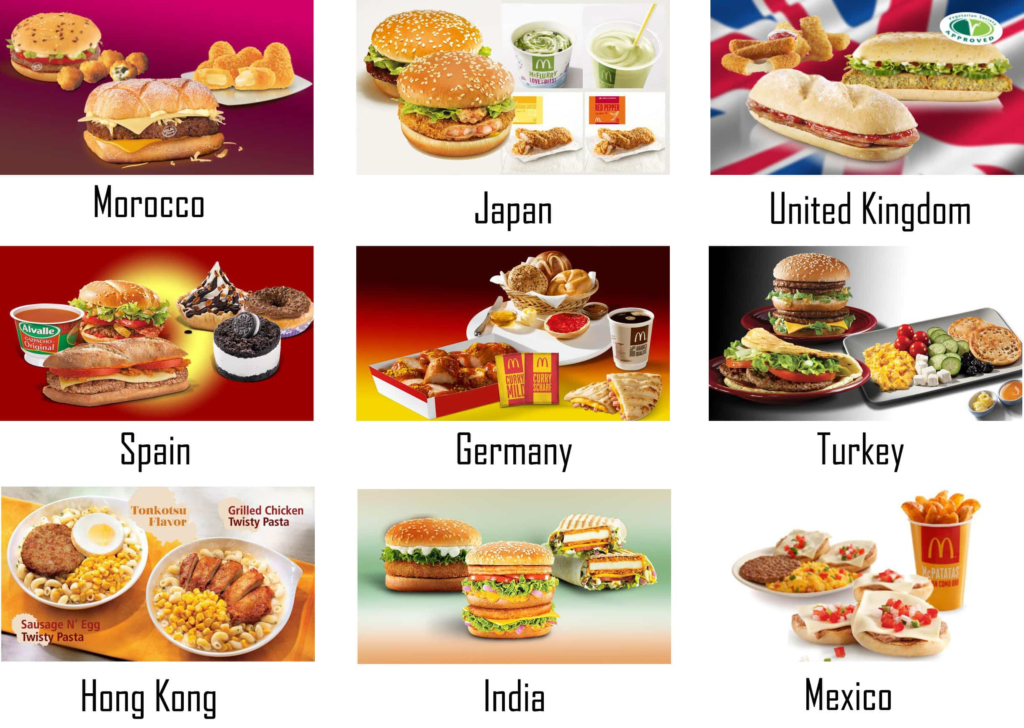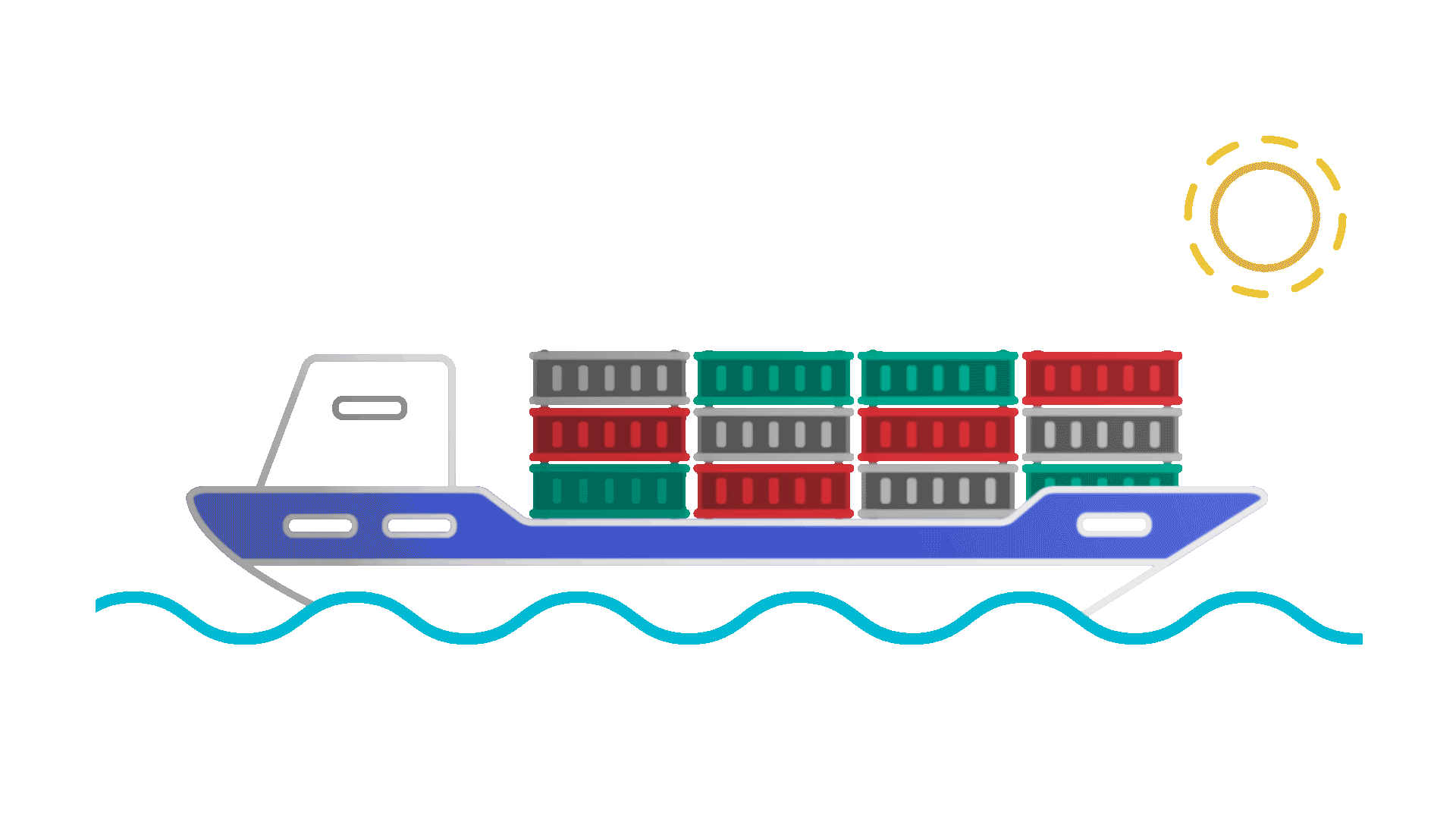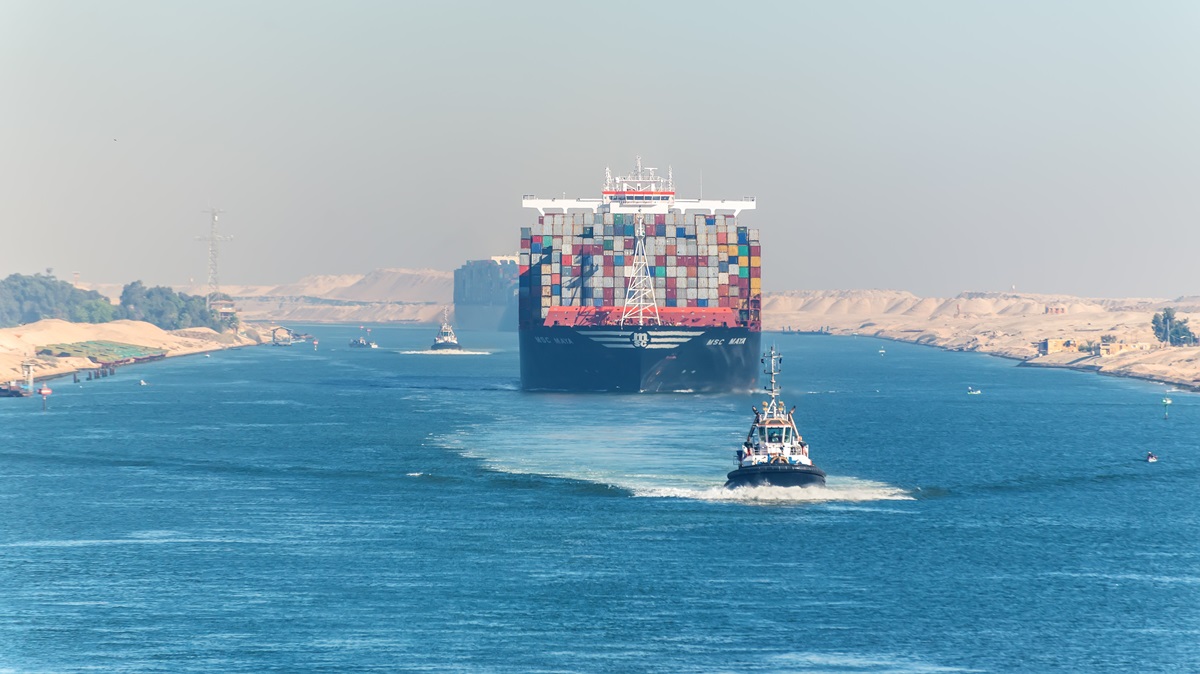Hiring Artificial Intelligence or Smart People
by Said El Mansour Cherkaoui – TRI CONSULTING KYOTO TRI CK USA – Landmark Legislation: California Facing the World of Artificial Intelligence TRI CONSULTING KYOTO TRI CK USA – A California lawmaker will file a bill seeking to make generative AI models more transparent and start a discussion in the state on how to regulate the technology. California Senator Scott Wiener (D) has drafted a bill requiring “frontier” … Continue reading
A California lawmaker will file a bill seeking to make generative AI models more transparent and start a discussion in the state on how to regulate the technology. California Senator Scott Wiener (D) has drafted a bill requiring “frontier” model systems, usually classified as large language models, to meet transparency standards when they reach above a certain quantity of computing power. Wiener’s bill will also propose security measures so AI systems don’t “fall into the hands of foreign states” and try to establish a state research center on AI outside of Big Tech.
California lawmaker proposes regulation of AI models
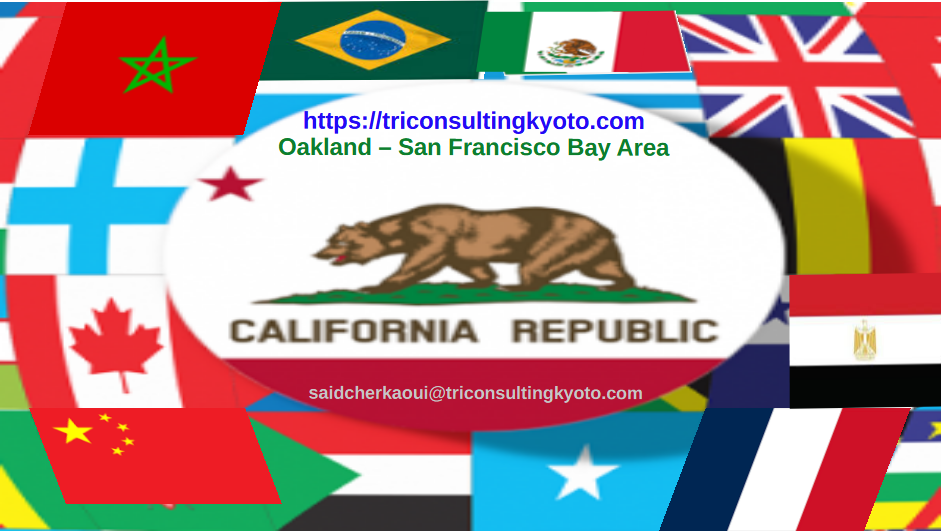
Senator Scott Wiener’s bill seeks to require transparency from AI models.
The bill, which is classified as an intent bill and needs further development before it can pass, will also mandate AI labs to test models for safety risks and disclose to the state if safety risks are found. Wiener’s goal, per a statement sent to The Verge, is to start discussions on regulating AI.
California and Artificial Intelligence: To Be or Not To Be Meaningful Regulation?
California Weighed in below!
California AI safety bill blocked:
California Gov. Gavin Newsom has vetoed a controversial artificial intelligence safety bill that would have “laid the groundwork for how AI is regulated across the U.S.”
In a statement, Gov. Gavin Newsom said SB 1047 is “well-intentioned” but doesn’t consider whether AI is deployed in high – or low-risk situations, and would have applied to only the largest and most costly models.

AI Bill SB 1047 faced opposition from tech companies large and small, who warned that it would strangle innovation.
Newsom said he’s now collaborating with researchers including Fei-Fei Li to create more effective legislation.
Read more Naturally and Intelligently:
California legislature passes AI bill SB 1047: https://www.linkedin.com/news/story/calif-legislature-passes-ai-bill-6144228/
An artificial intelligence safety bill was overwhelmingly approved by California legislators on Wednesday, September 25, 2024 and now heads to Gov. Gavin Newsom for final consideration. If enacted, the “fiercely debated” bill would require tech companies to safety-test AI programs before release and empower the attorney general to sue AI companies for any major harm caused by their technologies.
The bill earned cautious support from the likes and here are some of these reactions:
Elon Musk: “This is a tough call and will make some people upset, but, all things considered, I think California should probably pass the SB 1047 AI safety bill. For over 20 years, I have been an advocate for AI regulation, just as we regulate any product/technology that is a potential risk to the public.”
and Anthropic –
While its opponents include OpenAI –
https://www.theverge.com/2024/8/21/24225648/openai-letter-california-ai-safety-bill-sb-1047
and former Speaker of the House Nancy Pelosi – https://pelosi.house.gov/news/press-releases/pelosi-statement-opposition-california-senate-bill-1047 .
Earlier, Gov. Newsom had not yet indicated whether he intends to approve the bill.
Meanwhile, on a federal level, OpenAI and Anthropic have agreed – https://www.bloomberg.com/news/articles/2024-08-29/openai-anthropic-agree-to-work-with-us-institute-on-safety-testing?srnd=homepage-americas – to work on safety testing with the Commerce Department’s AI Safety Institute.
Governor Newsom announces new initiatives to advance safe and responsible AI, protect Californians: Sep 29, 2024
What you need to know:
Governor Newsom announced that the “godmother of AI,” Dr. Fei-Fei Li, as well as Tino Cuéllar, member of the National Academy of Sciences Committee on Social and Ethical Implications of Computing Research, and Jennifer Tour Chayes, Dean of the College of Computing, Data Science, and Society at UC Berkeley, will help lead California’s effort to develop responsible guardrails for the deployment of GenAI.
Governor Newsom also ordered state agencies to expand their assessment of the risks from potential catastrophic events.
Read more Naturally and Intelligently:
California’s Gavin Newsom Vetoes Controversial AI Safety Bill
Governor seeks more encompassing rules than the bill opposed by OpenAI, Meta and supported by research scientists:
https://www.linkedin.com/news/story/california-ai-safety-bill-vetoed-6328801
Gov. Gavin Newsom vetoes AI safety bill opposed by Silicon Valley
Gov. Gavin Newsom vetoed AI safety bill SB-1047, which was opposed by tech companies including ChatGPT maker OpenAI
Newsom said the legislation could give the public a “false sense of security about controlling this fast-moving technology.”
The bill received support from Elon Musk and prominent AI researchers but was opposed by Meta, OpenAI, and several Democratic congresspeople.
SAN FRANCISCO —
Gov. Gavin Newsom on Sunday vetoed SB 1047, an artificial intelligence safety bill – https://www.latimes.com/entertainment-arts/business/story/2024-08-29/newsom-scott-wiener-sb1047-ai-bill – that would have established requirements for developers of advanced AI models to create protocols aimed at preventing catastrophes.
The bill, introduced by Sen. Scott Wiener (D-San Francisco), would have required developers to submit their safety plans to the state attorney general, who could hold them liable if AI models they directly control were to cause harm or imminent threats to public safety.
Additionally, the legislation would have required tech firms to be able to turn off the AI models they directly control if things went awry.
Read more Naturally and Intelligently:
#AI #Artificialintelligence #Safety #Security #Safetybill #Business #Siliconvalley #Startups #Venturecapital #California #Saidelmansourcherkaoui #Triconsultingkyoto #Trickusa
Said El Mansour Cherkaoui Ph.D. – Said Cherkaoui Ph.D. – 9 30 24
Said El Mansour Cherkaoui – Said Cherkaoui – 9 30 24
saidcherkaoui@triconsultingkyoto.com






